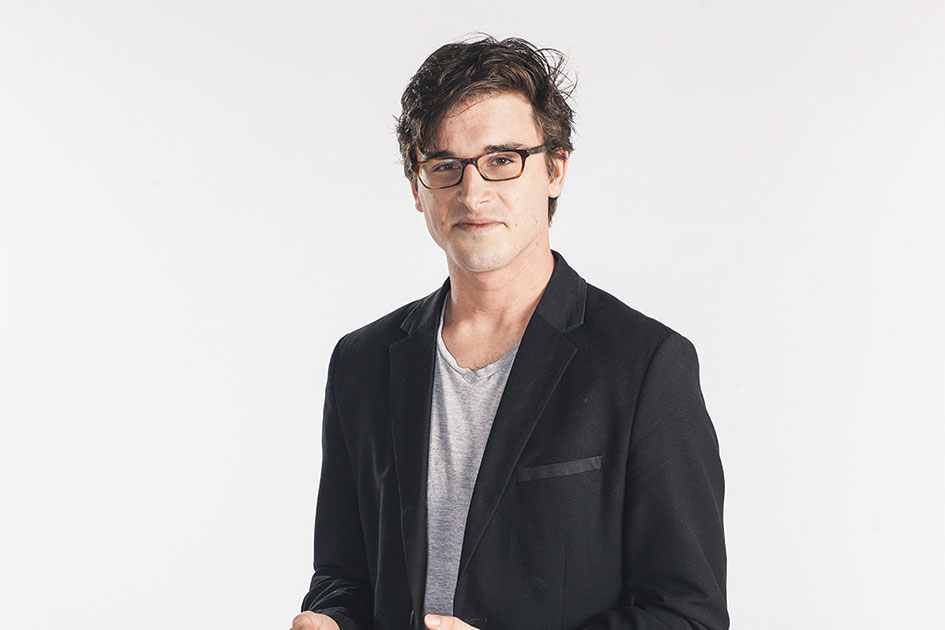John Iselin
Economics
Hometown: Brooklyn, New York
Adviser: Prof. Noelwah Netusil [economics 1990–]
Thesis: “Renewable Portfolio Standards: Examining the Effect of State Policy on Renewable Electrical Capacity”
What it’s about: A renewable portfolio standard is a policy that requires that a state produce a specific percentage of its electrical generation from renewable sources. Using data from all 50 states over the course of 22 years, I’m looking at whether the policy actually changed the amount of renewable generation in a state.
What it’s really about: Are states using the right policy to encourage renewable energy generation?
Who I was when I got to Reed: I was an exceedingly energetic policy geek and my freshman year was full of discovery. I came out as gay, jumped into a lot of organizations, went to a lot of the senate meetings, helped run the Queer Alliance, and took a lot of really wonderful classes.
Favorite class: In Theory and Practice of Econometrics, Prof. Jeff Parker [economics 1988–] taught me an invaluable part of economics that I used to write my thesis, and we got cinnamon rolls with every exam.
Favorite spot: I spent many great and stressful hours talking to fellow students and econ professors in the lounge on the second floor of Vollum.
Random thoughts: I loved having a voice and being involved with my community. I served on the appeals board, where students appeal decisions made by the judicial board. The cases were extraordinarily serious, but I got to work with some of the best students and faculty at the school, discussing, deliberating and logically thinking through different arguments. In some ways, it was the best conference I had at Reed.
Cool stuff I did: I represented Reed at a conference on international affairs at West Point, tutored budding economists, and worked in Washington, D.C., during a summer with three other Reed students. I also served on the student senate, and was a part of strageic planning and Queer Alliance.
How Reed changed me: I started to understand what types of problems I was interested in, and how to actually approach these problems.
What’s next: I will be working as a research assistant at the Urban–Brookings Tax Policy Center with some truly phenomenal economists.
What I would tell prospies: I wanted a challenging education, which that started off very structured and ended with a large degree of autonomy to pursue questions I thought were interesting, and that is what I got! Just remember, don't be afraid to talk to professors at all. There is a reason we go by first names at Reed.
